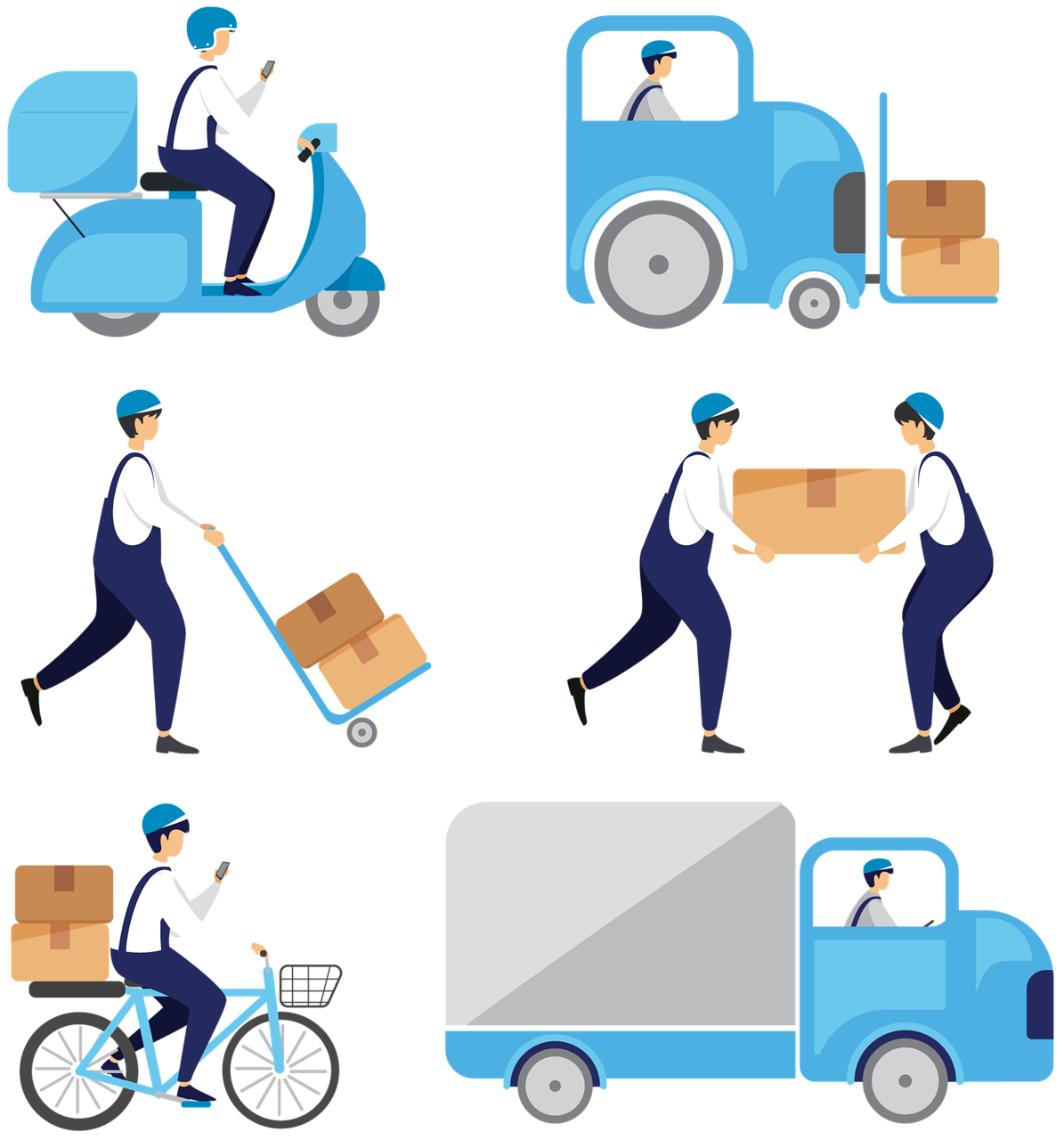
Zyllem, a SaaS (software as service) logistics technology firm, is looking to expand in the Philippines. The Singapore-based provider offers distributors and e-commerce companies a platform to build their own logistics distribution networks with their own assets and third-party logistics partners.
“We know you need about 20 different partners in distribution in the Philippines, especially in Metro Manila,” said Lisa Nguyen, Zyllem’s co-founder and chief operations officer, in a press briefing on Jan. 25. “We have methods to consolidate partnerships, to [make it] easy for our customers to integrate all of their partners.”
The logistics firm serves the retail, F&B (food and beverage), pharmaceutical, and logistics sectors across eight countries in Asia. It manages two million delivery orders per month, up from 25,000 during its inception in 2017. In the Philippines, Zyllem counts Zuellig Pharma Corp., Metro Drug Inc., Airspeed Philippines, Inc., and Suy Sing Commercial Corp. as clients.
What’s fascinating about e-commerce in the Philippines is that there’s no other way to exist at the moment, said Joanna Pawluczuk, head of sales at Zyllem. “Because of the pandemic, a lot of mall operators and F&B businesses are now having to go online … to provide service to customers.” Logistics is complex but it’s important, she added. “It’s what [gives us] our medicines, and brings food on the table.”
The self-service platform can be configured by either Zyllem or the customer. When the government enacts rules like contactless deliveries — where customers cannot touch mobile devices to sign off their packages — Zyllem can respond by making and publishing changes in five minutes, explained Ms. Nguyen. “Right away we are compliant with policy,” she said.
The platform, which shows the status of every delivery rider and how far each route has already been executed, can also monitor road restrictions.
“We automatically remove vehicles from those route assignments,” said Ms. Pawluczuk. “Routes are assigned only to vehicles allowed to enter specific zones.”
The company’s main target markets are distributors and retailers. “Their complexity is asking for a tool like ours,” Ms. Pawluczuk said.
E-commerce is driving the growth of the Philippine internet economy. The Asia Pacific, meanwhile, is the fastest-growing region for the freight and logistics market, per Mordor Intelligence. This, the market research organization reported, is due in part to countries observing faster technological integration in the logistics process.
In a Jan. 16 B-Side episode, Willy Chang, associate partner at Bain & Company, said that the Philippine internet economy is projected to hit $40 billion in terms of gross merchandise value (GMV) by 2025. “If we look at what’s driving it, most of this growth will actually come from e-commerce. It is one of the biggest sectors not only for the Philippines but also for the region,” he said. — Patricia B. Mirasol



